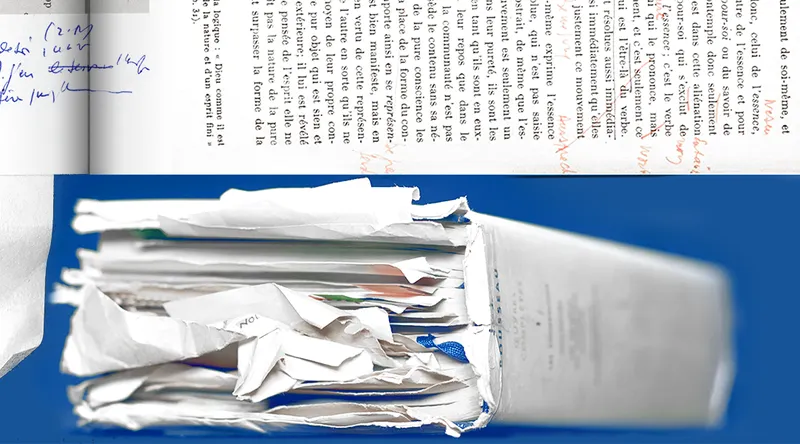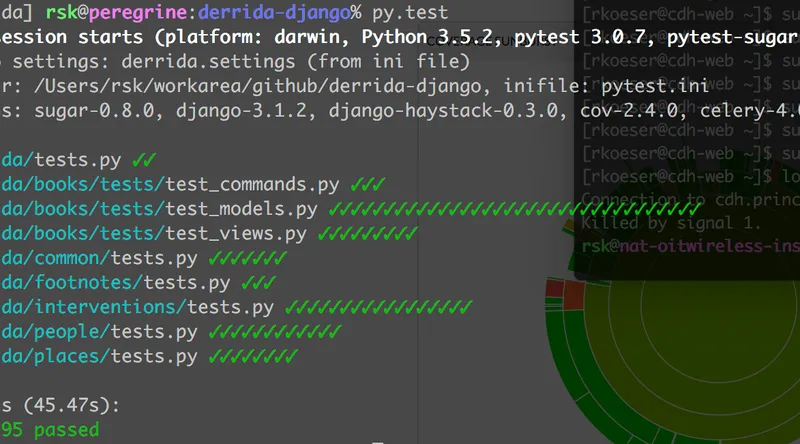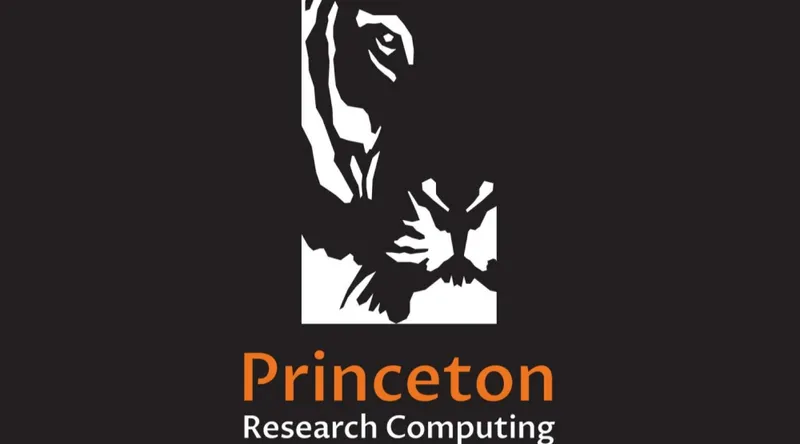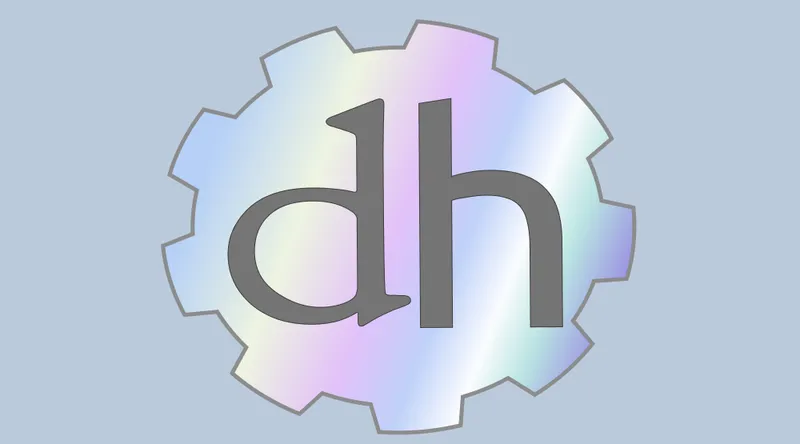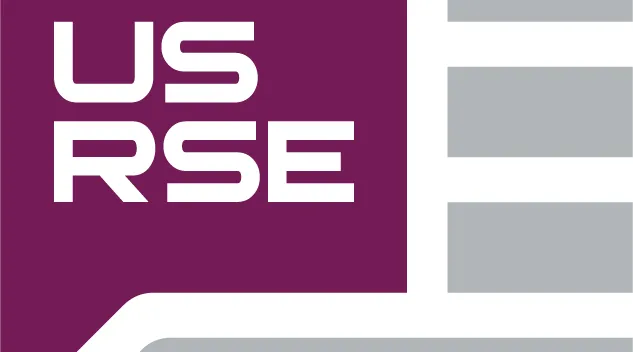Humanities Research Software Engineering
Collaboratively developing research software grounded in humanities methods and theoretical approaches

On this page
At CDH, we are bridging the tradition of the "DH Developer" with the emerging field of Research Software Engineering, which applies rigorous and systematic software engineering methodologies and approaches to research. Embedded in the humanities context, we engage with research and think critically about software engineering, helping to shape research projects and generate a variety of scholarly outputs, including code, datasets, interfaces, and articles.
We partner with Princeton faculty and staff through CDH's collaborative research grants. Our research projects are true partnerships, requiring both technical and humanistic expertise. Through integrated project design and management support, we focus on working with humanities scholars to translate and frame research questions into actionable plans that take into account the particularities and complexities of humanities research and data.
RSE Team
Rebecca Sutton Koeser
Lead Research Software Engineer
Laure Thompson
Research Software Engineer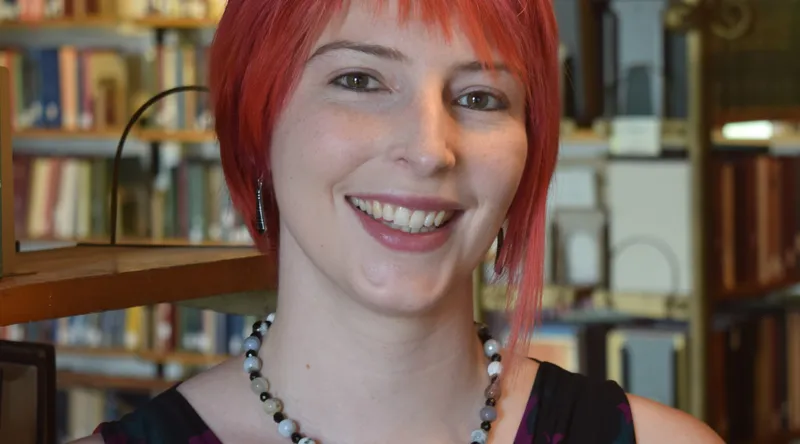
Mary Naydan
Digital Humanities Project Manager
Jeri Wieringa
Assistant Director
Collaborate with us!
Collaborative Research Grants
Faculty and staff are welcome to apply to work with the CDH Research Software Engineering team!

Featured collaborations
Simulating risk, risking simulations
Simulating risk attitudes in group interactions and putting computational philosophy in conversation with digital humanities
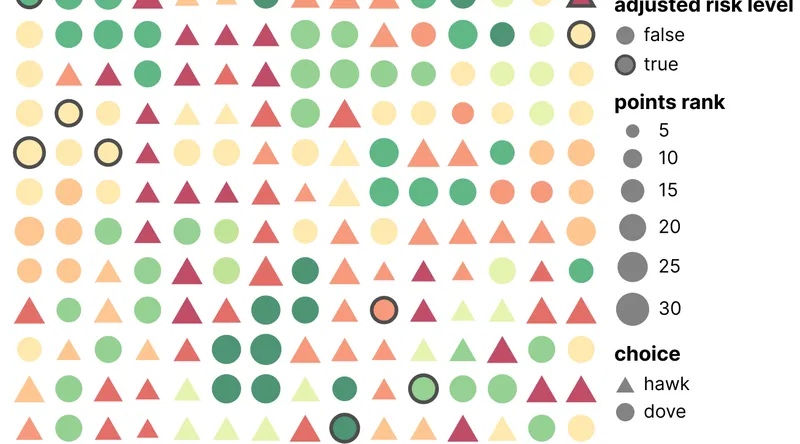
Princeton Prosody Archive
Inviting users to rethink poetry's past through a collection of historical prosodic works
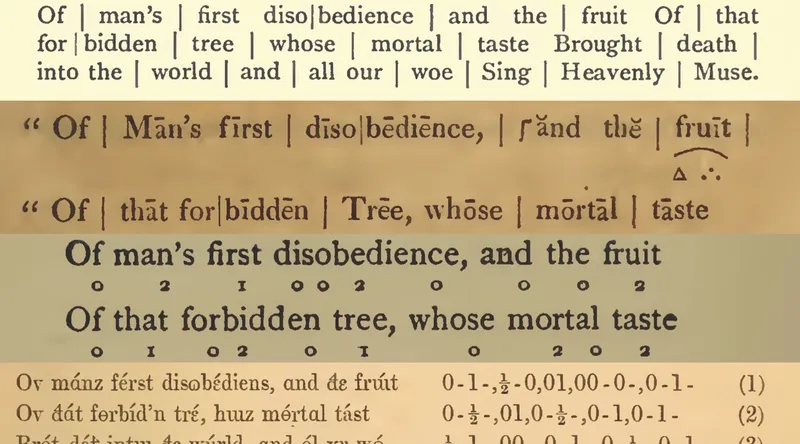
Shakespeare and Company Project
Recreating the world of the Lost Generation in interwar Paris

Featured software
The CDH Development and Design Team creates and releases new, open source software as part of their work on sponsored projects. This list includes featured software developed since the team’s formation in October 2016.
All software is released under the Apache 2 open-source license. Our primary technical stack includes the Python programming language and Django, a web application framework written in Python.
ppa-django
ppa-django
A new implementation of Princeton Prosody Archive as a Python/Django web application. Intended to provide a reusable solution for creating curated collections of HathiTrust materials, and eventually materials from other sources. Provides a bulk import of HathiTrust materials, collection management, metadata correction, and advanced search capabilities.
Initial public release: version 3.0, December 2018.
Software citation:
Koeser, Rebecca Sutton, Nick Budak, Gissoo Doroudian, Benjamin Hicks, Vineet Bansal, and Kevin McElwee. “Princeton-cdh/ppa-django: V3.7 Hathitrust Excerpt Support and Gale/ecco Import”. Zenodo, 2021. https://doi.org/10.5281/zenodo.5163955.
mep-django
mep-django
Python/Django web application for The Shakespeare and Company Project. Provides management interface and public search and browse for data about library members, account activity, and items that circulated in Sylvia Beach's private lending library.
Version 1.4 released January 2021; initial public launch version 1.0 released May 2020.
Software citation:
Koeser, Rebecca Sutton, Nick Budak, Gissoo Doroudian, Benjamin W. Hicks, Xinyi Li, and Kevin McElwee. (2021, January 22). Princeton-CDH/mep-django: v1.4 (Version 1.4). Zenodo. http://doi.org/10.5281/zenodo.4458099
parasolr
parasolr
Lightweight Python library for Solr indexing, searching and schema management with optional Django integration. Currently being developed in tandem with mep-django, with plans for eventually applying to other projects.
Version 0.9 released April 2024.
viapy
viapy
Python module for interacting with Virtual International Authority File (VIAF) data and APIs, with optional Django integration. Developed for use in multiple projects.
Initial version 0.1 released October 2017; v0.3 released April 2024.
djiffy
djiffy
Python module for use with the Django web framework to index and display IIIF Presentation manifests for digitized content. Developed to integrate Princeton University Library (PUL) digitized content for Derrida’s Margins and The Winthrop Family on the Page.
Initial version 0.1 released June 2017; version 0.9 released August 2024.
django-annotator-store
django-annotator-store
Python/Django application that acts as a generic annotator.js storage back end. Adapted from the Readux project developed by the Emory Center for Digital Scholarship. Developed to support annotation functionality in Derrida’s Margins and The Winthrop Family on the Page. Pull requests on GitHub from students at the University of Bologna and Stanford University demonstrate this application’s potential for a much wider web annotation community.
Version 0.6 released August 2017.
Related posts
So, what does an RSE do?
6 February 2024
Learn more about how our Research Software Engineers collaborate with faculty and staff.
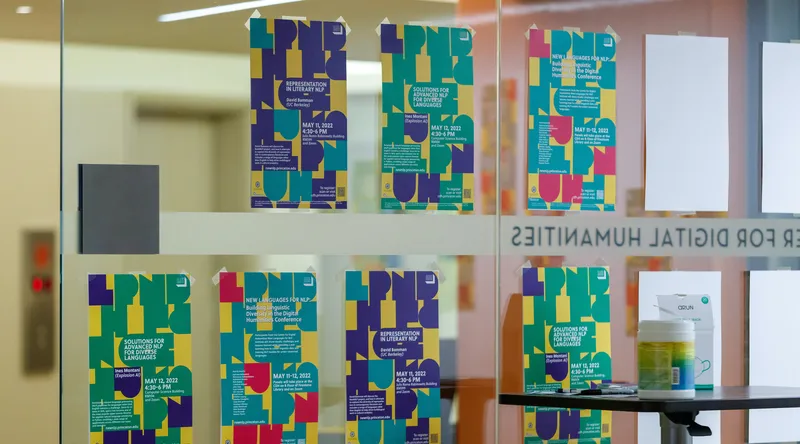
Best Practices?
29 July 2019
Software development "best" practices and how they work (or don't) for Digital Humanities research.

Lessons learned from building “Derrida’s Margins”
14 December 2018
Reflection and retrospection, taking time to learn from successes and failures: some lessons learned from building "Derrida's Margins" that we're carrying forward so that we can do better next time.
